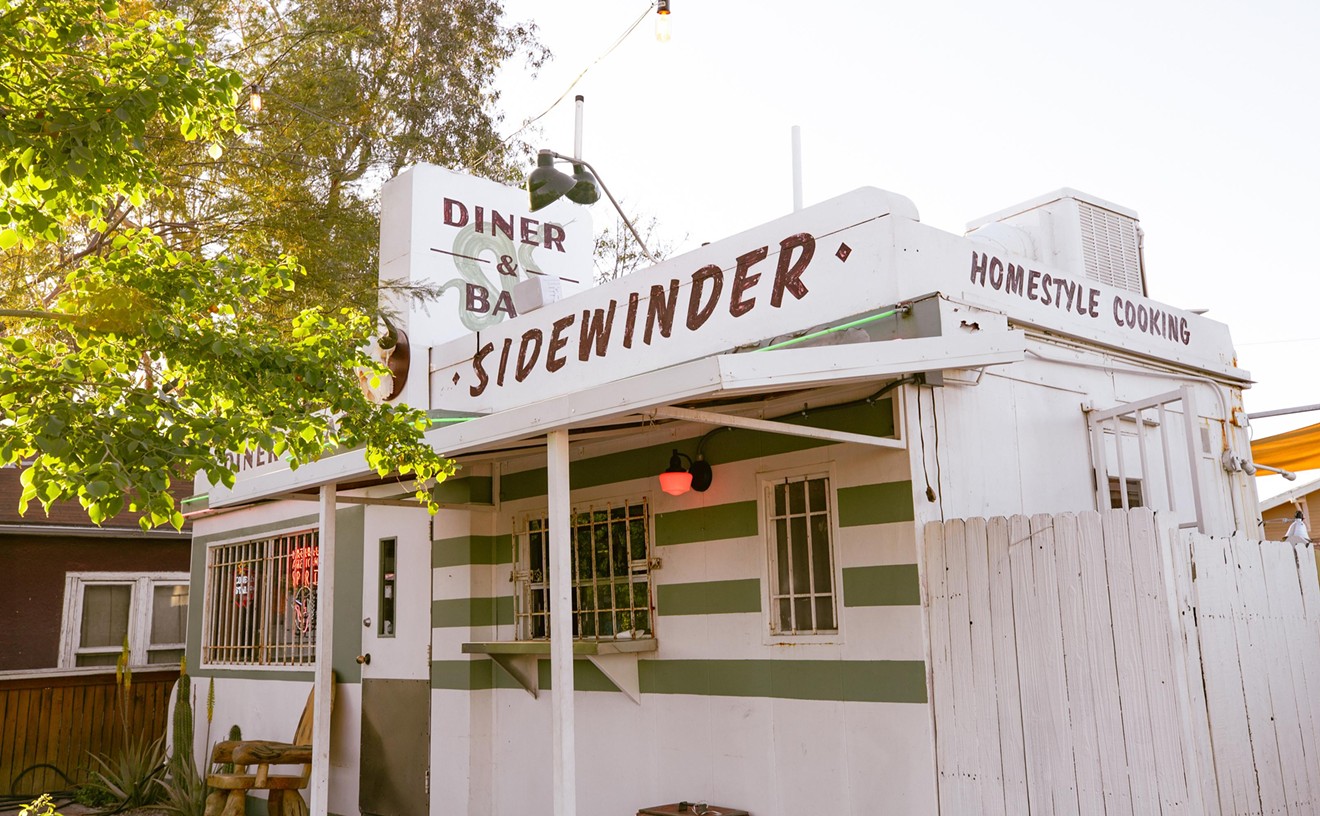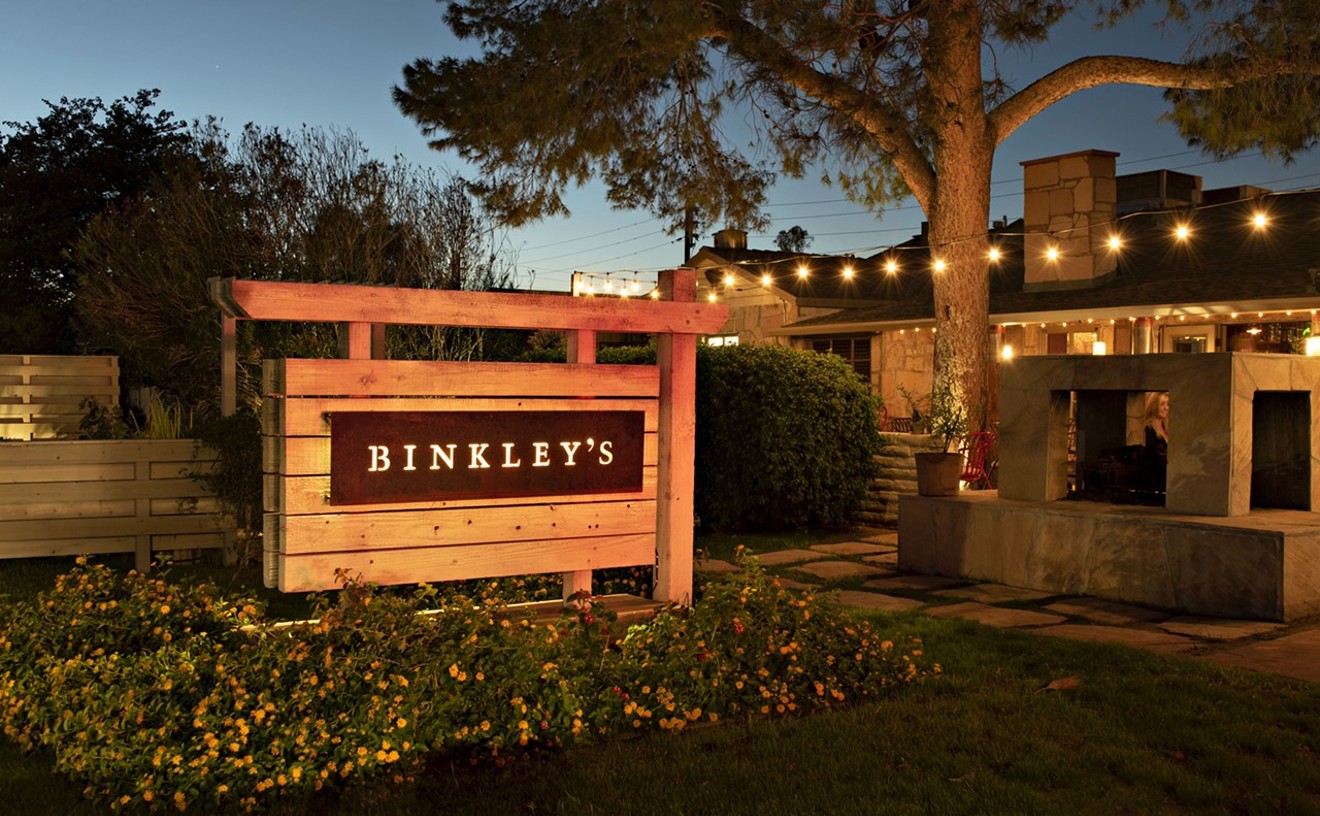"Hold still" is also something that the Coen Brothers seem to be saying to the audience throughout No Country for Old Men, which is the most measured, classical film of their 23-year career, and maybe the best. Coming on the heels of the shrill, mannered Intolerable Cruelty and The Ladykillers, you'd scarcely have thought them capable of it. There are echoes of earlier Coen films here — in the Texas setting (Blood Simple) and the idea of simple, small-town folk caught up in criminal business (Fargo). But unlike the loquacious eccentrics that the Coens have placed at the center of most of their movies, the characters in No Country for Old Men are stoic, solitary figures who feel most at home in desolate landscapes, alone but for their fellow predators. And we become one with them, seeing and (especially) hearing things as they do — subtle anomalies in the atmosphere and terrain, like the faint jangling of keys in an abandoned vehicle in a desert clearing where bad men have recently been engaging in bad business. It is to this grisly scene — a drug deal gone awry — that Chigurh journeys in search of a briefcase piled high with cash (2 million in 1980 dollars). But Moss has been there first, and he left just enough of a scent for Chigurh to track.
Based on the novel by Cormac McCarthy, No Country for Old Men is, for most of its running time, a cleverly triangulated cat-and-mouse pursuit in which Chigurh stays a few short paces behind Moss, while the sheriff, Ed Bell (Tommy Lee Jones), closes in on them both. And if Chigurh is the movie's phantom bogeyman, then Bell is its moral compass, albeit one with its needle pointing straight to hell. A onetime believer in the forces of law and order, he has been worn down by what he sees on his beat and reads in the newspapers, and now his face is a mask of exasperation, the look of a man searching for salvation in a godless world. Whether the good old days Bell pines for — the one where evil had a more easily recognizable face — ever existed is another matter entirely, one No Country for Old Men doesn't endeavor to resolve.
The mechanics of No Country for Old Men recall those of a vintage film noir, and in that respect, the movie is brilliantly executed — as gripping and mordantly funny a treatise on the corrosive power of greed as The Killing and The Treasure of the Sierra Madre were before it. In terms of filmmaking and storytelling craft, it is a work destined to be studied in film schools for generations to come, from the threatening beauty of cinematographer Roger Deakins' O'Keeffe-like images to what is surely the most pulse-raising scene of motel-room suspense since Marion Crane took her fateful shower. There isn't a moment here that feels false, less than fully considered, or outside of the Coens' control. (Nor does the movie ever feel studied and inert in the way movies so carefully planned and executed sometimes can.) Then there is Bardem, whose Chigurh is so fully realized psychologically and physically that his every gesture bristles with creepy fascination, whether he's baiting an unsuspecting gas-station attendant into a life-or-death coin toss or merely sidestepping the encroaching puddle of blood he's created on a hotel-room floor.
It's easy to imagine how the Coens, whose Achilles heel has always been their predilection for smug irony and easy caricature, might have turned McCarthy's taciturn Texans into simplistic Western-mythos archetypes: the amoral criminal, the righteous peacekeeper, and the naive but basically good-hearted rube in over his head. Instead, they've made a film of great, enveloping gravitas, in which words like "hero" and "villain" carry ever less weight the deeper we follow the characters into their desperate journeys.
Like McCarthy, the Coens are markedly less interested in who (if anyone) gets away with the loot than in the primal forces that urge the characters forward. "They slaughter cattle a lot different these days," sighs a weary Bell late in the film. But slaughter them they still do, and in the end, everyone in No Country for Old Men is both hunter and hunted, members of some endangered species trying to forestall their extinction. Even Anton Chigurh, it turns out, bleeds when wounded.










